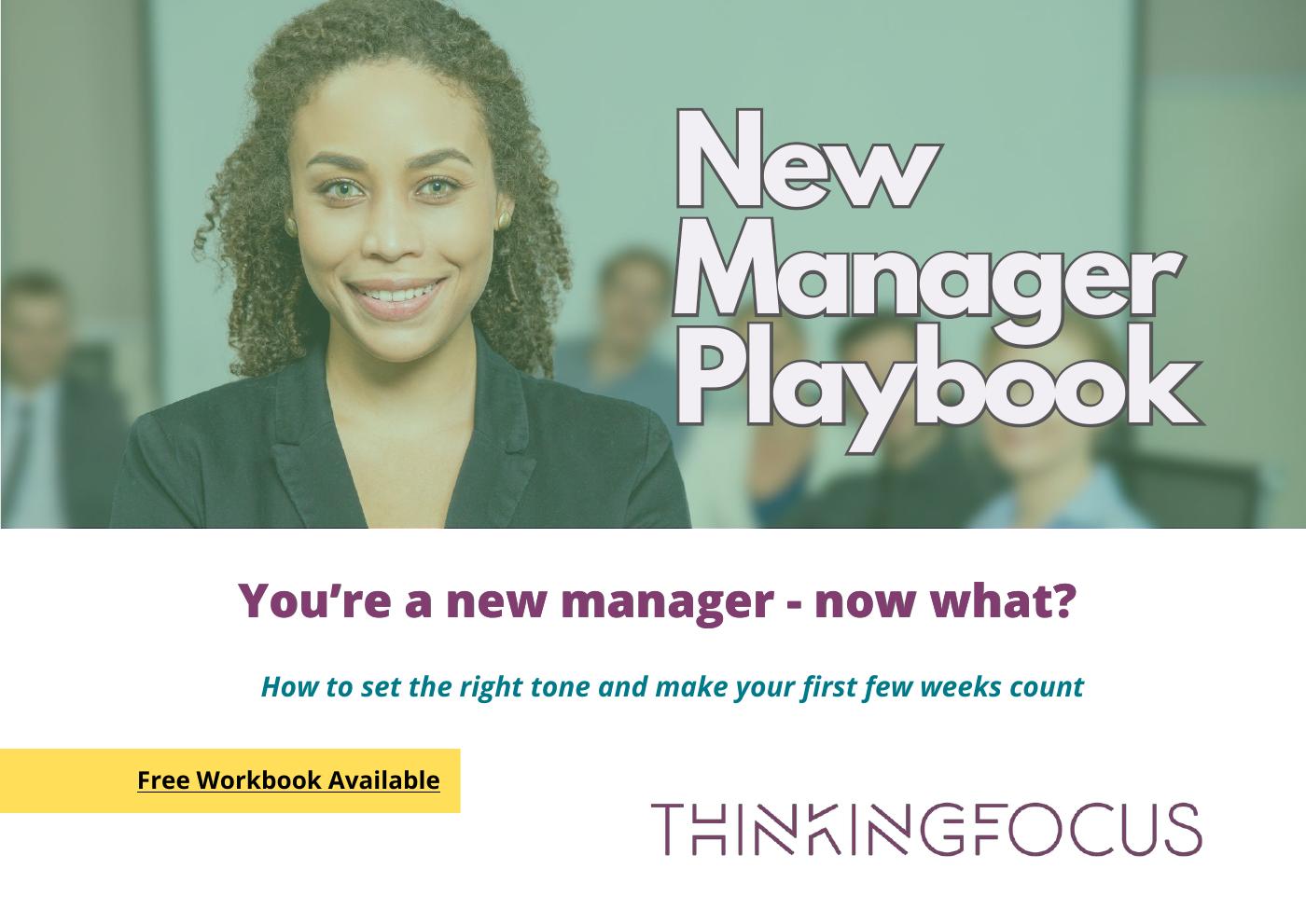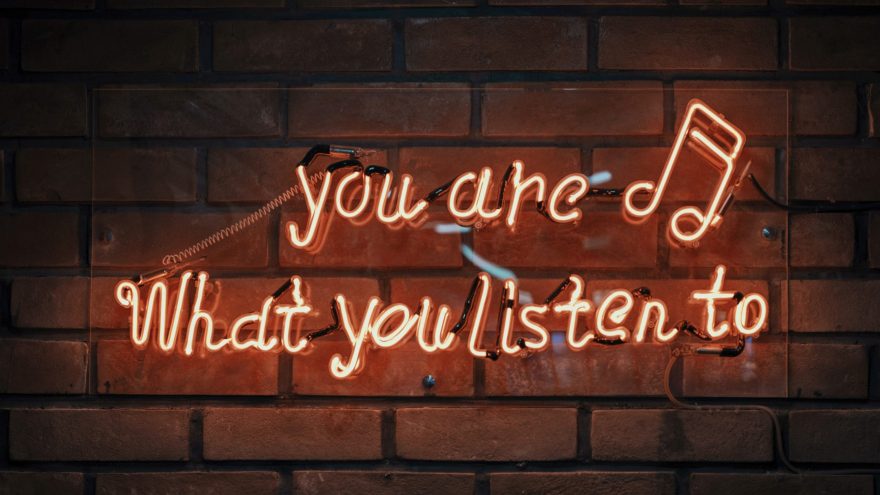A comprehensive set of templates and how-to videos that will set you up for success.
Whether running a team or working on your personal goals, everything you need to define clear, purposeful goals is in our Business Challenge Kit.
Start by defining goals before moving to creative and divergent thinking techniques that allow you to explore what you could do, who you might involve and what you might need before looking at potential obstacles and assumptions that might hold you back.
Next is where you critically assess your ideas, challenges and issues – this is where convergent thinking plays out as you formulate your plan, what you will do, and when you will do it.
Once you have your plan, the fun starts as it’s time to get busy and go achieve your goals. But beware, skip a step and like Monopoly, there will be no passing go; there’ll be no collecting £200; it might not be straight to jail, but you may have to start again and rethink. Better, surely, to get your thinking done up front!







